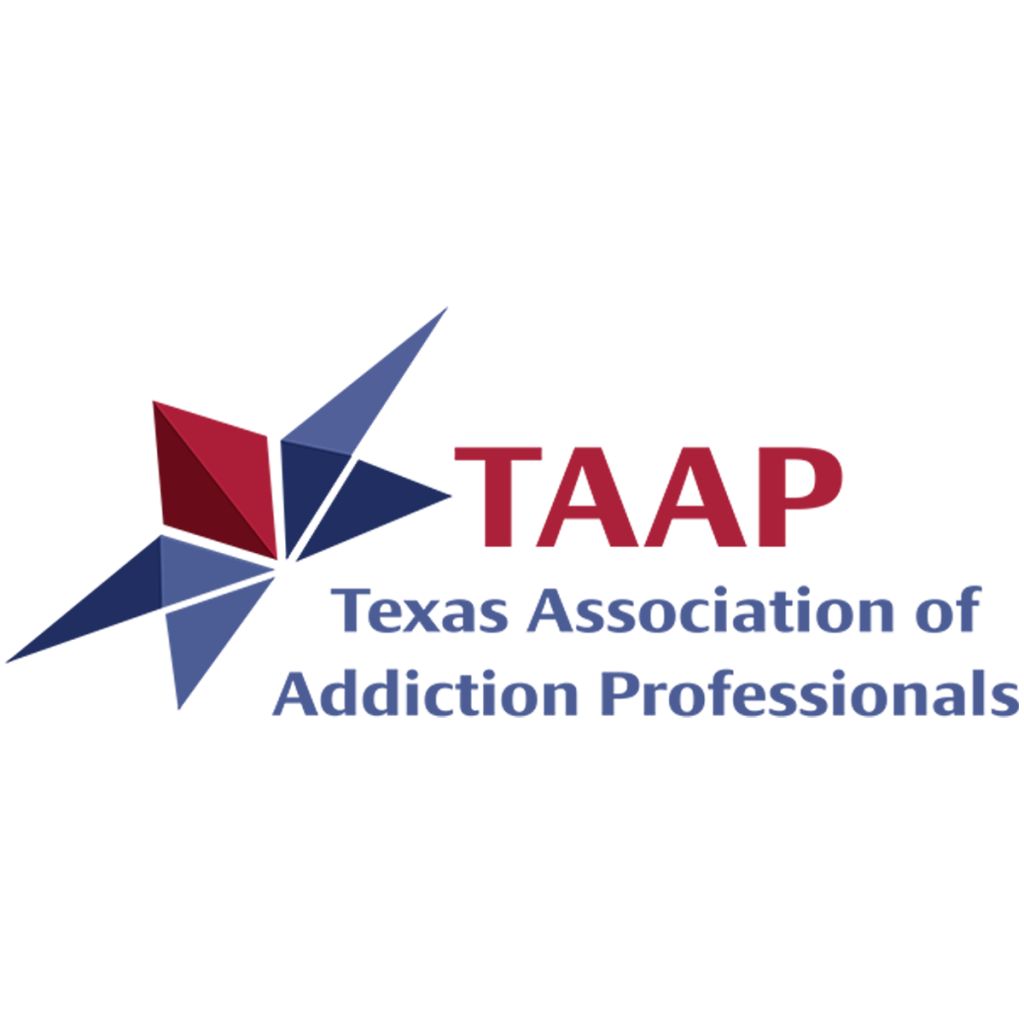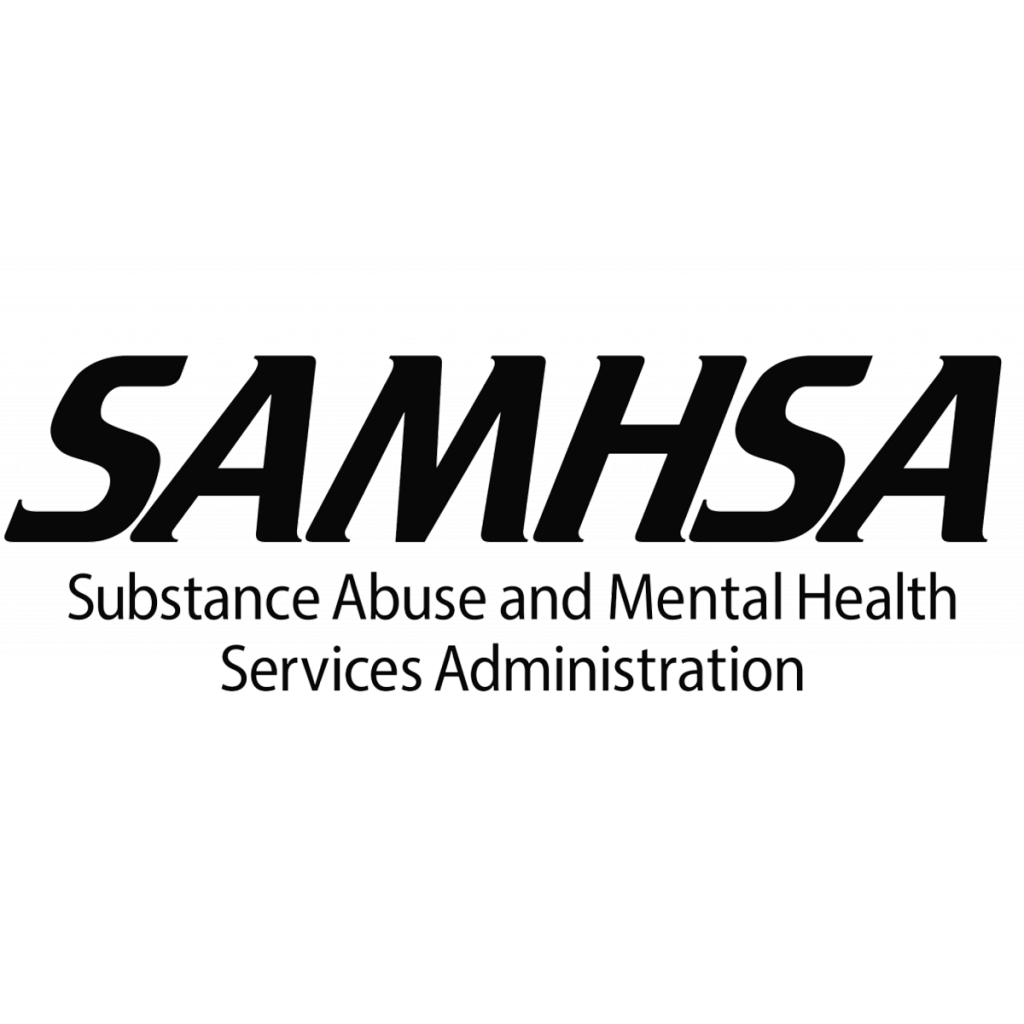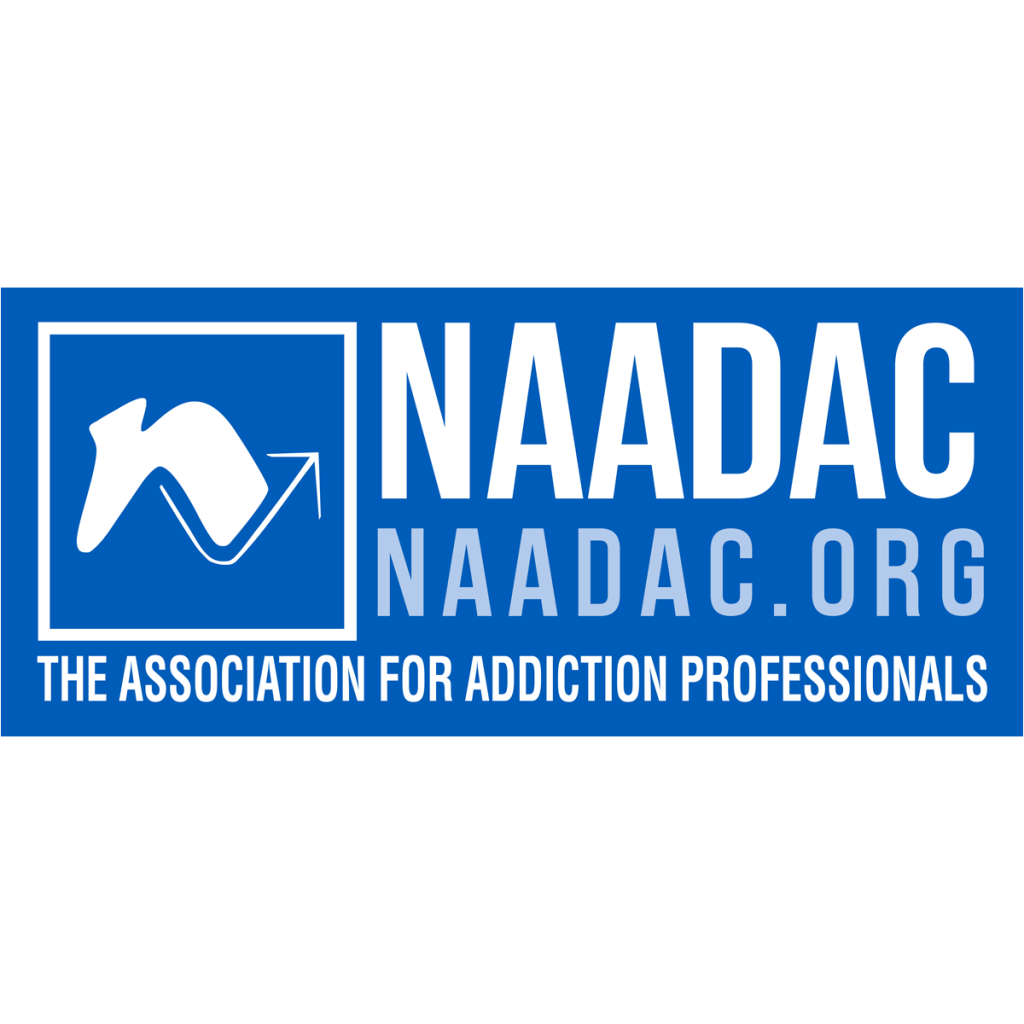
Table of contents
Knowing how to support a recovering alcoholic or drug addict isn’t always easy. When a loved one or relative enters recovery, it can be a time of great joy as well as simultaneous doubt and confusion, perhaps even a little fear on the part of everyone concerned. While you want the best for your recovering relative, you may feel unsure of the most appropriate approach to take. So how do you support an alcoholic in recovery? The most important thing to remember is that your support and encouragement are a crucial part of his or her overall sobriety. Here are six valuable ways to help you support your relative’s recovery.
Keep Family Life as Simple as Possible
If the relative in recovery is a spouse, partner or close family member, ensuring that the home environment is as simple and free from stress1 as possible is vital. The fewer distractions from friends and others who want to come over and check in with the newly recovered individual, the better. He or she must focus on recovery, not non-stop socializing. As such, save any large gatherings of family members and friends for some later date. Recognize that this may be weeks or months in the future. Your relative needs time to establish his or her foundation in recovery, to feel comfortable with coping skills, and to be able to interact with others without undue stress.
Be Prepared for Aloofness
Your relative who’s entered recovery may seem aloof or cold at first. This is a common occurrence among the newly recovered. Keep in mind that this is all new to your recovering relative. Learning and practicing a healthier lifestyle, adjusting to a new way of handling stress, coping with cravings and triggers is enough to throw anyone off balance.2 It’s understandable that your relative may not be free with his or her emotions now. Give him or her space, yet always express and show your love and support.
Lend a Hand with Scheduling
Maintaining a schedule is critically important for anyone new to recovery. Typically, this includes participation in 12-step3 or self-help group meetings, taking any prescribed medications as directed, keeping appointments with doctors, counselors or others in his or her extended support network. You can help by lending a hand with scheduling appointments, and driving and/or accompanying your relative to 12-step meetings. This will show your relative that you care as well as provide motivation. By helping in this way, however, you are not removing the responsibilities your relative has with respect to his or her obligations as a spouse, parent, employee, neighbor or friend. To avoid feeling overwhelmed or resentful, only take on what you can comfortably handle.
Consider Joining a Family Support Group
It can be very difficult to know what to say or do at times for a relative in recovery. You might believe your words are helping, yet you may be saying the wrong ones or sending unhelpful messages. For example, you may intend to lift your relative’s spirits, but the opposite occurs. This leaves you hurt and confused. You can support your relative’s recovery by getting involved in an addiction recovery support group yourself. Family support groups are off-shoots of main 12-step and self-help groups such as Alcoholics Anonymous (A.A.)4. They were designed to provide support and assistance to immediate family members of those in recovery. Adjunct groups for A.A. include Al-Anon Family Groups5, consisting of Al-Anon and Alateen.
Allow Time for Your Relative to Heal
Recovery from addiction doesn’t happen overnight. Even after completing treatment for alcohol or drug addiction, the road to recovery is seldom smooth and never quick. It’s only with the passage of time and consistent adherence to recovery-oriented practices for healing to take root. Your best approach is to give it time. Don’t harp at your relative, insist on immediate changes or demand too much, too soon. Everyone heals at his or her own pace. Many, in fact, take quite some time to adjust. Relapse6 is a common experience in the newly recovered. This does not mean failure, yet it does hurt. Being there for your relative during the early days of recovery is one of the best things you can do to help support his or her sobriety.
Provide Motivation for Your Relative
Still vulnerable, slowly coming back from the aftereffects of alcohol or drug addiction, your relative may lack motivation or it may come and go. By encouraging your relative to pursue his or her dreams, such as going back to school, taking up a hobby, or getting training in a specific field, you’re helping provide much-needed motivation. Such a spark is always good for recovery.
There are other ways you can help motivate your relative’s recovery.
- Be supportive of his or her goals, both short-term goals and those of longer-term. The fact that you, being close to the recovering individual, recognize the work he or she has done toward recovery helps your relative remain motivated. This is especially important when unexpected challenges or difficulties stand in the way of progress.
- Do things together and take time to have fun. It’s normal for the loved ones and family members of the newly recovered individual to hang back, to be tentative in conversation, and afraid to make a mistake, perhaps causing a problem or jeopardizing recovery. It’s important to plan activities and experience them together. It’s also important to take the time to have fun. Life in sobriety for your relative in recovery should also be about discovering joy. Your support7 can greatly assist with that.
- Show your unconditional love. Let your relative in recovery know that you will love him or her unconditionally, no matter what happens. Nothing will change that, and you will always be there.
What To Do When a Loved One Relapses
It is extremely difficult to watch someone you love suffer after a relapse. Unfortunately, relapse is common in addiction recovery and statistics show 40 to 60 percent of people will relapse at least once during their recovery from addiction. Although that statistic may seem scary and depressing, it’s also a strong reminder that although your loved one has relapsed, he or she is not alone and there is nothing morally wrong with them.
Addiction is a chronic disease and relapse is often a part of recovery. There are many people who relapse and find their way back to sobriety with the helpful support of their sober peers, friends, and family members.
If your loved one relapses, there are a few ways you can healthily manage your emotions and remain as supportive as possible.
Familiarize Yourself With the Signs of Relapse
Relapse doesn’t usually just happen out of the blue. People usually display certain behavioral signs before they relapse, such as isolating themselves from family and friends, missing recovery meetings, and “casually” having a drink every once in a while (believing they can control it or manage it).
However, if you notice signs that your loved one may be on the verge of relapsing, it’s important to speak with them and address these things right away. Doing so early may provide time to make changes and get help if necessary. Avoiding the relapse altogether is always the ideal option.
Encourage Your Loved One to Keep Trying
Your loved one may be feeling many different things…shame, anger, frustration, regret, fear…but the best thing you can do for them is to encourage them to keep trying. Now, more than ever, they will need your support so try your best to communicate openly and honestly about how you’re feeling and that you intend to continue supporting them as they get back on track.
You may also want to encourage your loved one to attend recovery support groups such as 12-Step groups or SMART Recovery groups. These types of groups provide excellent peer support and can help people in recovery learn from one another’s experiences.
In short, if your loved one knows they have a strong support system behind them, they are much more likely to succeed with long-term sobriety.
Investigate Treatment Options
Relapse doesn’t mean your loved one will never achieve lasting sobriety. Instead, it’s a red flag that more treatment and support are needed. Don’t assume your loved one’s time in treatment was all in vain. Speak with his or her previous treatment team to discuss potential treatment options that can help your loved one get back on track.
After a person relapses, it’s often helpful for them to complete an outpatient treatment program, enroll in a sober living program, or even go back to a residential rehab center where they can focus on effective relapse prevention methods, coping strategies, and re-establishing a sober lifestyle.
Focus on Self-Care
Whether you feel angry, disappointed, or scared that your loved one has relapsed, it’s very important to maintain your mental and physical health so you can be as supportive and patient as you can. Consider attending 12-Step recovery groups for family members of recovering addicts. These groups can provide comfort, support, and help you to not feel so alone.
It’s normal to experience negative feelings when a loved one relapses, but managing them with therapeutic activities like exercise, meditation, counseling sessions, or attending local support group meetings can help you to respond appropriately.
If your loved one recently relapsed and needs recovery support or a detox program to start over, please contact Nova Recovery Center today to speak with an admissions representative about how to get the help your loved one needs. The caring professionals at our Austin recovery center are here to help and can provide more details about our inpatient and outpatient rehab in Austin, Texas.
References:
- http://www.apa.org/topics/stress/index.aspx
- https://pubs.niaaa.nih.gov/publications/MATCHSeries3/core.htm#2
- https://archives.drugabuse.gov/NIDA_Notes/NNVol14N5/12Step.html
- http://www.aa.org/
- http://www.al-anon.alateen.org/
- https://easyread.drugabuse.gov/content/what-relapse
- https://psychcentral.com/blog/archives/2013/11/26/the-importance-of-good-support-systems-in-sobriety/
Image used under license from Shutterstock.com






